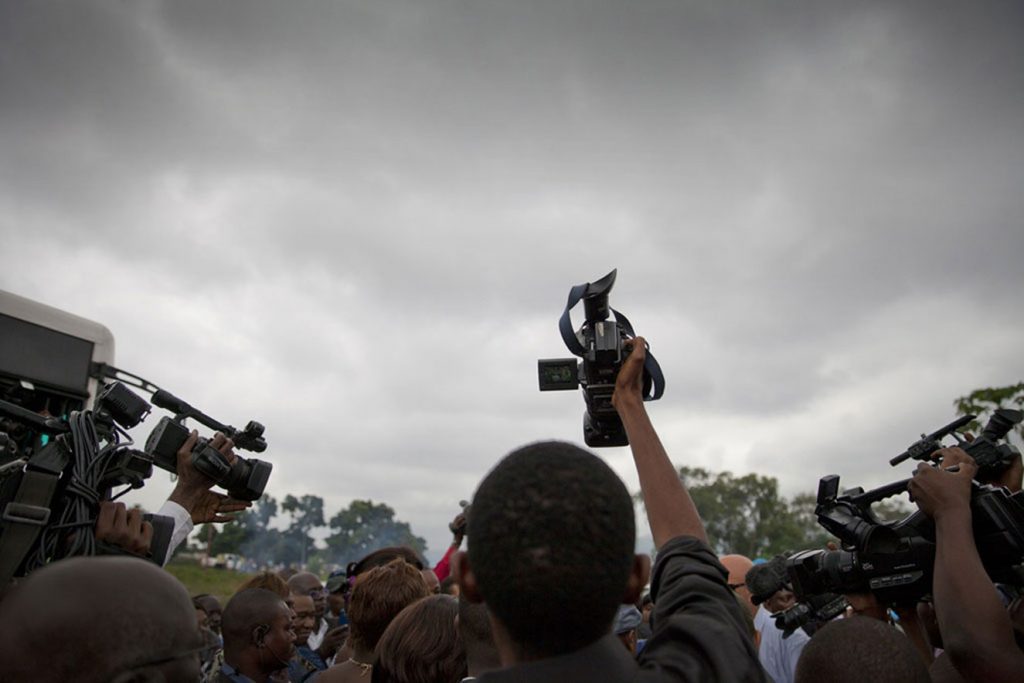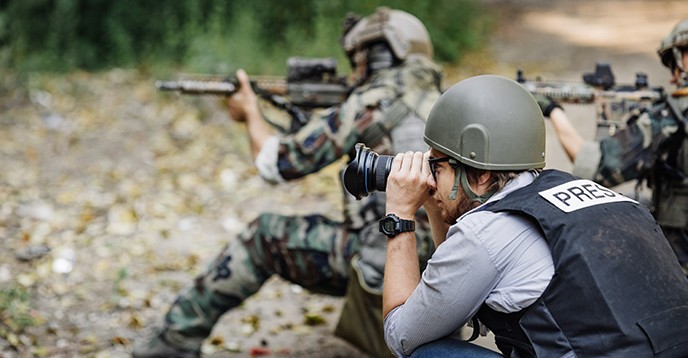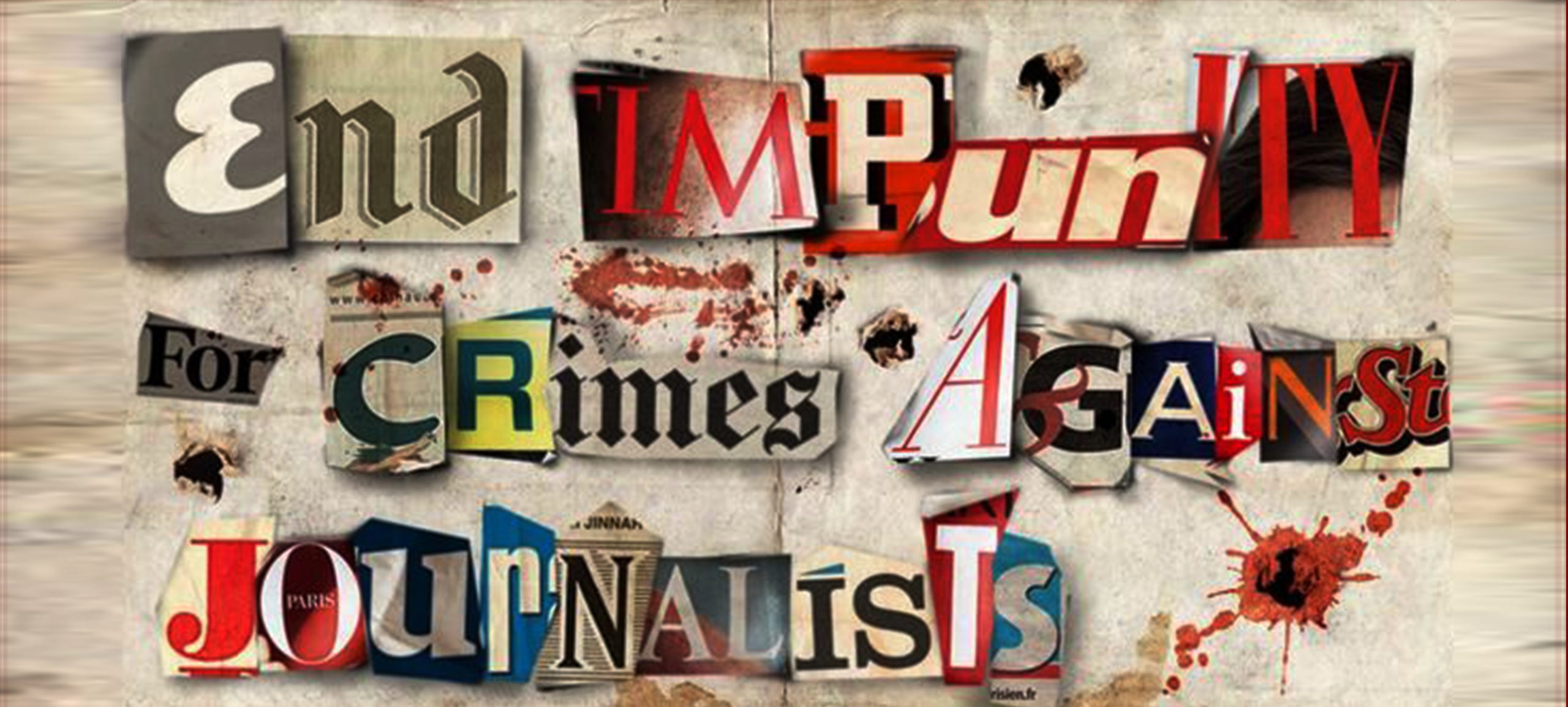“If we do not protect journalists, our ability to remain informed and make evidence-based decisions is severely hampered. When journalists cannot do their jobs in safety, we lose an important defence against the pandemic of misinformation and disinformation that has spread online.”
-UN Secretary-General António Guterres-
The United Nations General Assembly adopted Resolution A/RES/68/163 at its 68th session in 2013 which proclaimed 2nd November as the ‘International Day to End Impunity for Crimes against Journalists’ (IDEI). The Resolution urged the Member States to implement definite measures countering the present culture of impunity. The day draws attention to the low global conviction rate for violent crimes against journalists and media workers. In 9 out of 10 cases the killers go unpunished only 1 gets convicted.
According to UNESCO in the past fourteen years (2006-2019), around 1,200 journalists have been killed. And apart from being murdered, there are also situations in which journalists suffer non-fatal attacks, including assault and battery, enforced disappearances, arbitrary detention, intimidation. Women journalists, face specific risks including cyber trolling, sexual harassment.

A journalist is a person engaged in journalism; the activity of gathering, assessing, creating, and presenting news and information. Their fundamental right to freedom of expression, freedom of speech is limited with the impunity for crimes against journalists. When attacks on journalists remain unpunished, a negative message is sent to the public that reporting the “embarrassing truth” or “unwanted opinions” or “unsolicited advice” will get ordinary people, who exercise their fundamental right, in trouble. Impunity leads to more threats to journalists.
It will limit the efforts of journalists to find the bitter truth and report it to the public as it is. Journalists play a critical role in informing and influencing the public about important social issues, impunity will damage the impact, limit public awareness, and stop the possible constructive debate among the public.

By exemption from punishment or freedom from the injurious consequences of an action, society will lose confidence in its judiciary system which is meant to protect their rights. The UN recognized this lacuna in the society; the lack of a safe environment for journalists. And proclaimed IDEI. It also contributes to the UN Sustainable Development Goal (SDG) 16 to promote peace, justice, and strong institutions.
The World Press Freedom Conference 2020 convened by UNESCO and the Kingdom of the Netherlands celebrates jointly World Press Freedom Day (3rd May) and the International Day to End Impunity for Crimes against Journalists (2nd November) in a new, innovative format, merging digital and in-person elements.
Due to the current COVID-19 pandemic, UNESCO and partners commemorate the Day on different days in different venues, mainly virtually. The main event commemorating IDEI 2020, will be on the 10th December 2020, entitled “Strengthening investigations and prosecutions to end impunity for crimes against journalists” will include the presentation of guidelines for prosecutors on investigating and prosecuting crimes and attacks against journalists, developed in partnership with the International Association of Prosecutors.
A free press is essential to an informed citizenry. Journalists face violence, threats, and various kinds of harassment by trying to expose corruption, human rights abuses, and by providing the public with essential information. Journalists live with threats to their life every day. The least we can do is stand up with them, stand for them, and support national authorities to carry the investigations.
Written by Rtr. Nethmi Ranasinghe



Well written, well done
Great approach to a momentous topic.
Excellent writing.